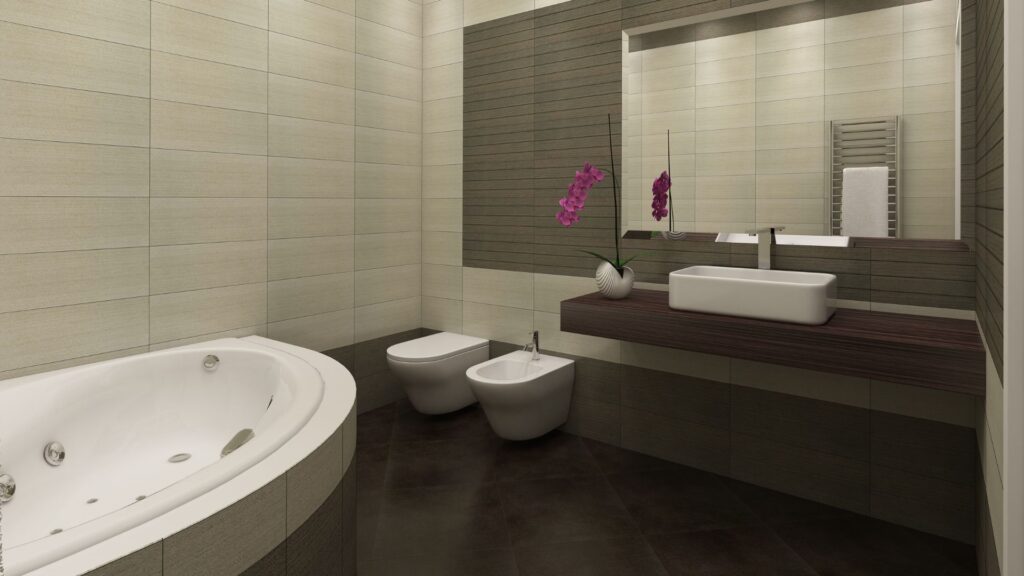What is an Accessory Dwelling Unit?
In the dynamic world of real estate and home design, one concept that is gaining traction is the Accessory Dwelling Unit (ADU). This innovative solution offers a range of benefits, from adding value to your property to providing a flexible living space. Whether you are a homeowner, a real estate investor, or simply curious about new housing options, understanding ADUs is essential.
Definition of an Accessory Dwelling Unit
An Accessory Dwelling Unit is a secondary housing unit on a single residential lot. It is completely independent in terms of amenities such as kitchens and bathrooms. ADUs can come in various forms, including detached units (standalone structures), attached units (connected to the main house), or converted spaces like garages or basements.
Types of ADUs
- Detached ADU: These are separate buildings from the main residence. They often resemble a small cottage or a tiny house in the backyard.
- Attached ADU: These units share a wall with the main house but have independent entrances and facilities.
- Garage Conversion ADU: In this type, homeowners transform their existing garages into living spaces.
- Above-Garage ADUs: These are built on top of garages, offering a distinct separation from the main house but utilizing the same land.
Benefits of Accessory Dwelling Units
- Increased Property Value: ADUs can significantly increase the market value of your property by adding usable living space.
- Rental Income: They offer an excellent opportunity for homeowners to earn rental income. This can be a steady source of revenue to help with mortgage payments or other expenses.
- Flexible Living Options: ADUs can serve various needs such as housing for elderly parents (often called “granny flats”), a private space for grown children, or even a home office or studio.
- Sustainability: Smaller dwelling units are typically more energy-efficient than larger homes, contributing to a reduced carbon footprint.
Regulatory Considerations
Before building an ADU, it is important to understand the local zoning laws and regulations. These can vary widely depending on the city or county. Some areas may restrict the size, location, and use of ADUs. Contact us at Castillo RemodelZone and our experts will gladly assist you.
Conclusion
Accessory Dwelling Units represent a versatile and economically beneficial addition to residential properties. Whether you want to expand your living space, accommodate family members, or generate rental income, ADUs provide a viable solution. As housing needs continue to evolve, ADUs stand out as a smart, sustainable choice for modern living.
For those considering adding an ADU to their property, Contact us today so we can help bring your ideas to life…





